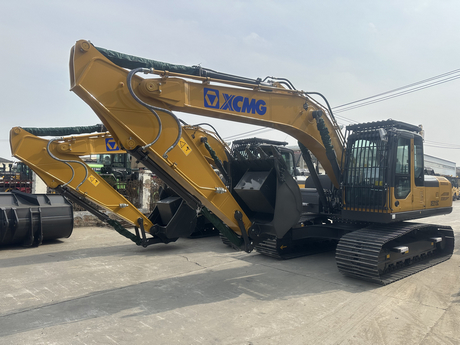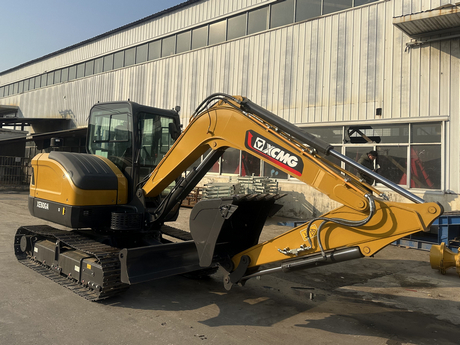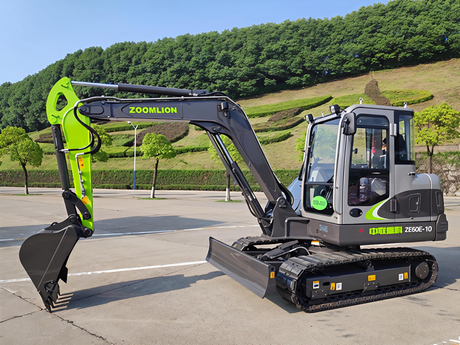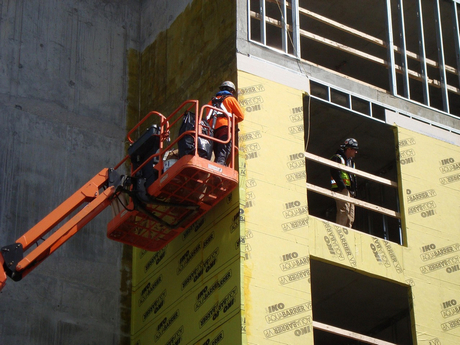|
In the process of long-term use, the
surface of excavator equipment is prone to residual antirust agent, iron
filings, rust spots and dust impurities, which will affect its performance and
shorten its service life if not cleaned in time. For this reason, regular
system cleaning is a key measure to ensure the stable operation of the
equipment.
First, cleaning Preparation Before cleaning, the appearance of the equipment needs to be fully inspected to confirm that there is no obvious damage to the operation. The cleaning area should be kept dry and clean, and equipped with water, electricity, compressed air and other facilities. Relevant cleaning tools and materials should be fully prepared to ensure smooth operation. If damage is found in the cleaning, it should be recorded and reported in time. Second, the cleaning operation process Cleaning is generally divided into the initial washing, fine washing and fine washing three stages. Initial washing for the removal of old oil, dirt and rust layer, solvents and non-metallic scrapers can be used. Fine cleaning is the use of cleaning agents to further remove the surface oil, which sometimes requires to use of hot oil to dissolve dried grease. Fine washing is to use a clean cleaning agent with compressed air blowing, and finally rinsed to avoid impurity residue. If not assembled for the time being, the cleaned parts should be coated with antirust oil and properly wrapped for storage. Third, the key parts cleaning precautions For parts with serious oil accumulation, it is recommended to use heated alkaline liquid or synthetic cleaning agent to deal with, but need to avoid aluminum alloy and rubber materials to avoid corrosion or damage. Chemical removal should be prioritized when removing carbon deposits to ensure efficiency and part integrity. For the cooling system internal scale, you can use descaling agent with the coolant cycle cleaning, and then replace the clean liquid. Fourth, the common cleaning methods
Common cleaning methods include scrubbing,
soaking, spray washing, electrolysis and ultrasonic waves. Scrubbing is
suitable for simple appearance cleaning, soaking is suitable for complex
structure or serious parts of grease, spray washing can quickly deal with
stubborn stains, electrolysis and ultrasonic cleaning, although the effect is
excellent, but the equipment and operating conditions require high standards, suitable
for precision parts or high-end equipment.
Regular standardized cleaning can
significantly improve the stability of excavator operation and service life. It
is recommended that the frequency of use of equipment and working conditions
according to the environment to developed a cleaning plan and strictly implemented.
|





























